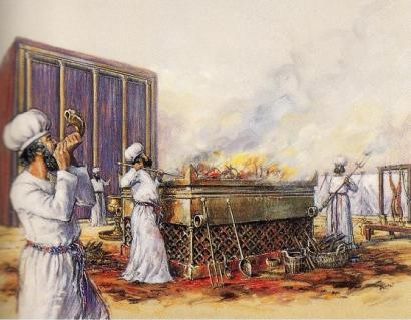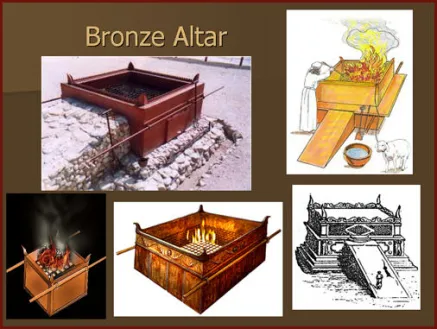
“I am my beloved’s, and my beloved is mine: he feedeth among the lilies”
(Song of Solomon 6:3, KJV).
Once on earth did live a pure white lily,
The sweetest flower of all God’s family.
With head bent low, in reverent humility,
He was fixed to a cross, to free you and me!
White lilies are found in fields and valleys,
Among thorns they grow, graceful and lovely,
From fruitful bulbs, with fragrance alluring,
White and clean as Christ, thus so endearing.
To become a white lily with open face,
Turn fully to God, receiving His grace,
His favouring breeze with gladness embrace,
Christ’s lily, growing bright, in whatever our place.
Nothing on this earth is more chiefly desired,
Than to serve with joy as God may require,
Running the race with patience, nothing other aspired,
Daily, devotedly, even if tired.
LORD grant your wisdom, to do what is right,
Refrain from the wrong and walk in Christ’s light.
Diligently watch and pray, for victory’s gain —
As Christ’s holy name, we ever proclaim!
Our cross we bare and press forward, on —
Our crown not to lose, but to overcome!
Assured that the battle is ours to be won,
And then, finally, the rest surely will come.
Thus praising Jehovah, wholeheartedly!
As a sacrifice, living, pleasing to Thee,
By grace, we endure, all faithful to be,
Sealed thine everlasting, this is our plea!
To be a lily of Christ, let us each strive to be: simple and sincere in humility (Philippians 2:3); sweet and fragrant in gentleness, compassion, mercy, and long-suffering towards all; and joyful in hope (Romans 12:12), enduring patiently (1 Peter 2:20, 2 Timothy 2:24) with contentment (1 Timothy 6:6). May we be at peace, in the valley that God has planted us in to be watered by His steams of living water, found in the Word of God, delivered to the saints by God’s grace and mercy in order for God to be glorified, honored, and praised BY ALL in due time (1 Timothy 2:6, 1 Peter 4:11).
I AM MY BELOVED’S, AND MY BELOVED IS MINE
(Song of Solomon 6:3).
The following words are from the Reprints (R4783) of The Original Watch Tower and Herald of Christ’s Presence (which can be freely accessed from the Harvest Truth Data Base website at the following link and under the subheading “ZWT” (Zion’s Watch Tower): http://www.htdb.one/).
RIGHTLY understood we find the Bible to be a love story of surpassing interest. No earthly love story will compare with it. First, we have the Father’s love for our race, which, originally created in his likeness, fell by disobedience under just condemnation. What a wonderful story of parental Love blended with Divine Justice is conveyed to us in the narrative of how God so loved the world while we were yet sinners, that he gave his Only Begotten Son to be our Redeemer, that he might restore again to Divine favor and blessing whosoever wills to return after learning of his loving provision.
How different this view of the Divine character and Plan from the one which once terrorized us—when we thought of God as almighty in power and knowledge, but destitute of love and sympathy; when we thought of him according to the universally accepted false teachings as having, with cold indifference, sat in the councils of eternity, before the creation of the earth or our race, and there planned our creation and everlasting destiny; that he there deliberately arranged (“according to the council of his own will,” as the catechism expresses it) that he would place us as a race under such unfavorable conditions that only a mere handful, comparatively, would ever attain to a life of bliss, either in the present world or in that which is to come. Deciding also that the vast majority, ignorant (whom the God of this world hath blinded), steeped in inherited sin and degradation, born in sin and shapen in iniquity, should, nevertheless, be so constituted and preserved that they could never end their miserable existences; and, withal, providing, we were told, a great place for their eternal torture, from which would ascend for ever and ever, alike futile and unheeded, their prayers, their curses and their groans.
RELIEF TO KNOW THAT GOD IS REALLY A GOD OF LOVE
What a relief do we experience as finally we awake to a better knowledge of God and of his precious Word, to find that all these teachings of the Dark Ages were but a horrible nightmare, as unreal as they were cruel and unjust—as unscriptural as they are contrary to every reasonable conception of every reasonable mind, of the proper exercise of Justice, Wisdom, Love and Power—the Divine attributes. We are reminded of the nursery tales of childhood, told to children by parents and nurses who, with grossly mistaken ideas of wisdom and propriety, used them as a lash of terror with which to secure a frightened obedience. As the bugaboos of infancy faded from memory, or at least ceased to inspire terror, as we grew older and began to take note of the deceptions which had been practiced; so as children of a larger growth we have learned that many of the “terrors of the Lord”—which, however severe, are reasonable and just—have been distorted by theologians and others who would fain exercise a terrorizing influence upon the world, to restrain from evil. We have learned, in the language of Scripture, that “their fear toward me is taught by the precepts of men,” and not by any of the Divine precepts—Isaiah 29:13.
Oh, what a relief it has brought to our hearts to know God as really and truly a God of love, who is not only willing to save unto the uttermost, but able to save unto the uttermost all who put their trust in him! and who is so willing thus to save that he has made abundant [R4783] provision that every member of Adam’s race must come to a clear knowledge of his grace and to a full opportunity—by obedience to the extent of his ability—to attain eternal life through Christ Jesus.
It does us good at times to look back and view, not only the horrible pit and miry clay of sin out of which Jehovah lifted us when he placed our feet upon the Rock, Christ Jesus, but also to remember his mercy toward us in the anointing of our eyes, now in the end of the Age, that we may see wonderful things in his Word; that we may realize how he has graciously brought us “out of darkness into his marvelous light,” in permitting us to brush away the veil of superstition, misunderstanding and mistranslation which has befogged his Word, beclouded our understanding and bedimmed our view and appreciation of the great Father of lights, from whom cometh every good and every perfect gift—James 1:17.
NOT ONE, BUT MANY INDIVIDUALS CHOSEN TO BE BRIDE OF CHRIST
But our text deals specially with another part of this great love story of the Scriptures. Our loving Father, having provided a redemption for ALL our race through Christ Jesus, did more: he highly honored and glorified our dear Redeemer as a reward for those things he endured faithfully through obedience to the Father (Philippians 2:8-11), and in addition to this arranged to select a Bride and joint-heir in glory for his Son, our Lord Jesus. It was not an individual that was chosen to be the Bride, but many individuals, and yet in all, compared with the world, a “little flock,” the “elect Church,” called and in process of selection and perfection, to be “the Bride, the Lamb’s Wife.”
Of all the plots and peculiarities of love stories which have been conjured up by human brains, none will compare with this story of how Christ loved the Church and gave himself for her—redeeming her with his own life; and how, being rewarded with excellent glory by the Father, these who would be his companions, are invited to share his cross, his suffering, his death, and to be received up into glory with him, to share his love and his throne and the Father’s favor. We will not go into details here; we have done this before and our readers are familiar with every feature—so, instead, we pass on to consider some of the conditions of acceptance with the Bridegroom, and how we may make our calling and our election sure to this position of honor and blessing to which he has invited us.
ONLY A FEW CAN SAY FROM THE HEART, “I AM MY BELOVED’S”
Our text briefly, yet very pointedly, states the entire matter.
(1) “I am my Beloved’s.” There is no possibility for any one to get into this special elect class, “the Bride, the Lamb’s Wife,” without knowing it. There is therefore no possibility that heathen philosophers or others who lived and who died without a personal knowledge of Christ as their personal Savior, can ever be members of the elect Church, the Bride; all who are of it will be able to say, “I am my Beloved’s.” Very manifestly also, for the same reason, many who are Church members “in good and regular standing,” have neither part nor lot in this matter; for only a few can say, from the heart, truly, “I am my Beloved’s.” This union with the Beloved (Christ) implies that the step of justification through repentance and faith in the precious blood has first taken place; because only the justified are “called.”
(2) It is implied that the one who can say, “I am my Beloved’s,” has not only heard of Christ but has made a definite, positive compact or contract with him. And this contract—to be his in every thought and word and deed, to the extent of our ability, if he will accept us and be our Bridegroom, is our marriage vow or covenant.
The Scriptures assure us that in the present time, while evil prevails and the God of this world blinds the minds of the vast majority, none can come to the Lord Jesus, except as the Father draws them (John 6:44). The Father is not drawing all mankind now, but only believers. He is leaving the general work of drawing the worldly for the next Age, the Messianic Age, when Christ and the Church glorified shall, as God’s agents, cause the whole earth to be filled with the knowledge of the Truth. Whenever the Truth reaches the heart and understanding its influence is to draw, although the drawing may be resisted not only in the present Age, but also in the Age to come (Acts 3:23). But, it is only the few who are being drawn to Christ by a knowledge of the Truth now, because only a few have a knowledge of the Truth. And while many resist the truth and refuse the opportunity of union with the great Bridegroom, some have gladly accepted and given themselves wholly to the Lord, thus sealing the covenant binding themselves to him and by his grace binding him to them.
IF FAITHFUL IT IS THE PRIVILEGE OF EACH TO SAY, “MY BELOVED IS MINE”
It is proper that each one should decide for himself positively, whether or not he has ever accepted the Divine invitation to give himself (Proverbs 23:26; Romans 12:1) [R4784] to the Lord, to be ultimately accepted as a member of his Bride if he continue faithful to his engagement to the end. If we are faithful, and so long as we continue to be faithful, it is our privilege to look up with confidence and be assured of the second part of our text, “My Beloved is mine.” And if we will, it is possible for us to continue in this attitude, “faithful unto death”; and so doing we may know that in the resurrection we shall be with our Lord, and be like him, and share his glory and his throne—Revelation 3:21.
How much is implied in this statement, “My Beloved is mine”! We are reminded of the Scripture which declares, “He that hath the Son hath life”—eternal life. More than this, the Apostle assures us that those who have Christ, who can truly, Scripturally say, “My Beloved is mine,” are really possessors of “all things.” For since Christ is the heir of all things, if we have become associates with him, then, indeed, “all things are yours (things present and things to come) for ye are Christ’s, and Christ is God’s” (1 Corinthians 3:22,23). If it lifted from us a great load to know that our sins were graciously forgiven through the merit of the precious blood, how much more of a load of care does it lift from us to know that we are vitally united with the illustrious Son of the great King of the Universe—the Son in whom the Father is well pleased and whom he has made his sole associate in the glory and dominion of the Universe.
Nor does this promise of blessings in Christ apply merely to the future. The glories and honors truly are not now, but by and by to be revealed; but the Bridegroom’s care, protection, provision and comfort belong to his betrothed even now, while we are in this tabernacle; so that while we are passing through the “valley of the shadow of death,” we need fear no evil, for he is with us, and his rod and staff comfort us.
All who abide faithful to him, all who truthfully can say, “I am my Beloved’s, and my Beloved is mine,” have not only the promise of the life that is to come, but also [R4784] the promise of this present life. They hear the Master’s voice saying, “Lo, I am with you always, even unto the end of the Age,” and in the end of the Age he is to be specially near, specially precious, and is to reveal himself to his faithful in an especial manner, even before she is so changed as to behold him in his glory.
ALL THE “EXCEEDING GREAT AND PRECIOUS PROMISES” BELONG TO THIS CLASS
It is the privilege of these to apply to themselves, and to realize as properly theirs, all the “exceeding, great and precious promises” of the Divine Word. These may hear the voice of the Lord, saying, I will be with thee in six troubles and in the seventh I will not forsake thee. “My grace is sufficient for thee.” “Call upon me in the day of trouble and I will deliver thee.” Indeed, we are assured and “know that all things shall work together for good to them that love God, to the called ones according to his purpose [to be the Bride, the Lamb’s Wife]“—Job 5:19; 2 Corinthians 12:9; Psalm 50:15; Romans 8:28.
These promises of the Lord have been well summed up in the expression of the poet:—
“In every condition, in sickness, in health,
In poverty’s vale, or abounding in wealth,
At home and abroad, on the land or the sea,
As thy days may demand, shall thy strength ever be.
“When through the deep waters I call thee to go,
The rivers of woe shall not thee overflow;
For I will be with thee thy troubles to bless,
And sanctify to thee thy deepest distress.
“When through fiery trials thy pathway shall lie,
My grace all-sufficient shall be thy supply;
The flames shall not hurt thee—I only design
Thy dross to consume, and thy gold to refine.”
What a blessing of peace, quietness of spirit, ability to endure hardness as a good soldier of Christ, and sustenance and strength in time of trial, lies behind these precious assurances of the Bridegroom to those who can see and realize unquestionably, “I am my Beloved’s, and my Beloved is mine,” no tongue can express. It has in the past permitted his faithful ones to pass through many dark and trying experiences with a fortitude that has surprised the world, which has seen them in the fiery furnace, but has not seen that there is with them the form of the Son of God (Daniel 3:25). They have endured as seeing him who is invisible (Hebrews 11:27). The poor world who know not this invisible Friend above all others, and are unacquainted with this Heavenly Bridegroom, and know not his sustaining grace in every hour of trial are, indeed, to be greatly pitied. They must largely bear alone those burdens which the Lord’s people, his betrothed, are privileged to lay at the feet of the great Burden Bearer, whose invitation is, “Come unto me, all ye that labor and are heavy laden, and I will give you rest” (Matthew 11:28-29).
But, if the case of the world is a sad one, because it knows not our Bridegroom, how much worse is the case of those who having once known him, and having once experienced his tender care and helpfulness in all of life’s affairs as a Counselor and Guide, have wandered off, having lost their first love; having forgotten that they were purged from their old sins, and become deaf to the “exceeding great and precious promises” pertaining to the present as well as to the future life; and are now striving merely for the things which perish, and which at most are but for a moment (2 Corinthians 4:17,18). These are in a much worse condition than the world.
As the Apostle declares, “It had been better for them not to have known the way of righteousness, than, after they have known it, to turn from the holy commandment”—2 Peter 2:21.
Let us who have named the name of Christ, who have assumed his name, abide in him—by continuing in faith, in love and in zeal, to walk in his footsteps and thus make our calling and our election sure.
====================
Further Suggested Reading
“The Song of Solomon” by Br. David Rice. The Beauties of the Truth Periodical http://www.beautiesofthetruth.org/Archive/Library/Doctrine/Mags/Bot/90s/BOTMAY02.PDF
“Notes on the Song of Solomon” by Br. Anton Frey. These study notes are from the “BIBLE STUDY LIBRARY” CD which can be purchased from The Herald of Christ’s Kingdom Bookstore at the following link: https://herald-magazine.com/bookstore-2/
“Notes on the Song of Solomon” by Br. Frank Shallieu. These study notes are also from the “BIBLE STUDY LIBRARY” CD. (Same link as above.)
“The Song of Songs A short series of devotional meditations – No. 1“ by Br. F. A. Shuttleworth, Scot., The Herald of Christ’s Kingdom, April 1958. Here is the direct link: http://www.heraldmag.org/archives/1958_4.htm#_Toc36391359
“I Am My Beloved’s, and My Beloved Is Mine.” The Dawn Magazine, Sept. 1989, in the Christian Life and Doctrine section.
http://www.dawnbible.com/1989/8909cl-4.htm
“SONG OF SOLOMON 2:1, 2, 16; 4:5 – The Rose of Sharon & the Lily of the Valleys.” BIBLE Students DAILY.
https://biblestudentsdaily.com/2017/12/15/song-of-solomon-21-2-16-45-the-rose-of-sharon-the-lily-of-the-valleys/
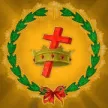















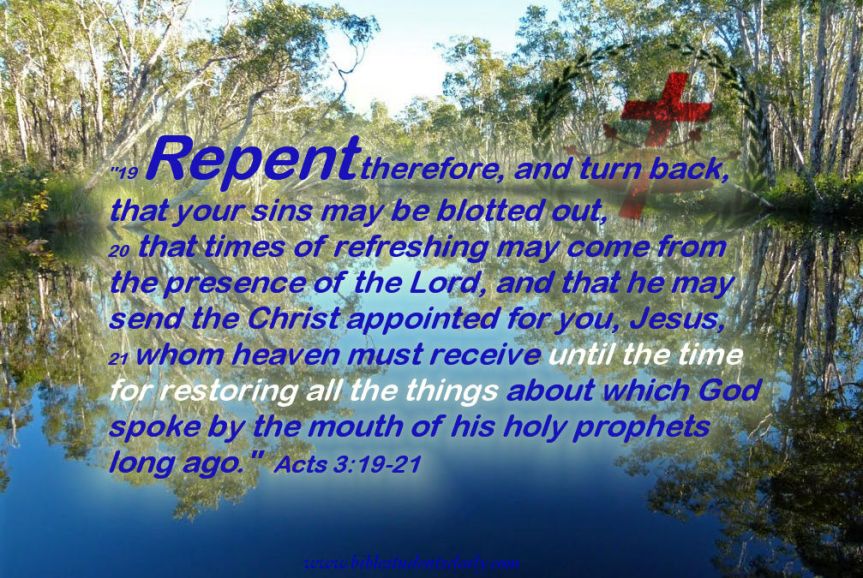
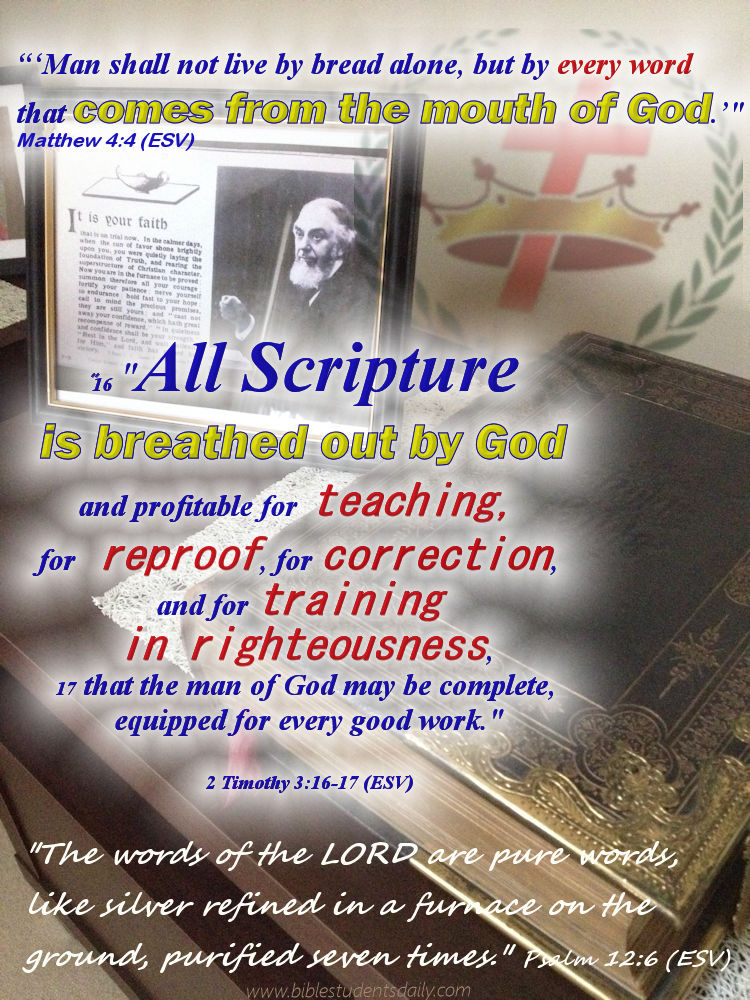


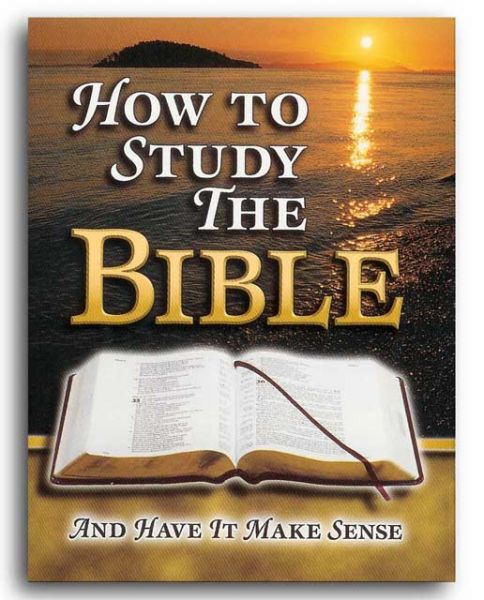









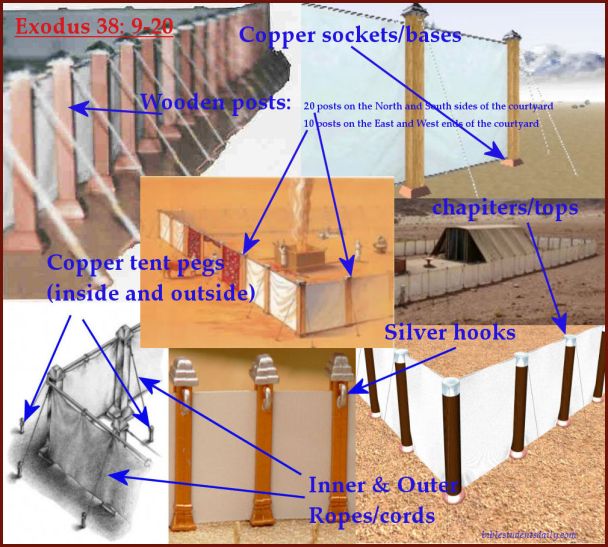
 According to the Temple Institute in Israel:
According to the Temple Institute in Israel: